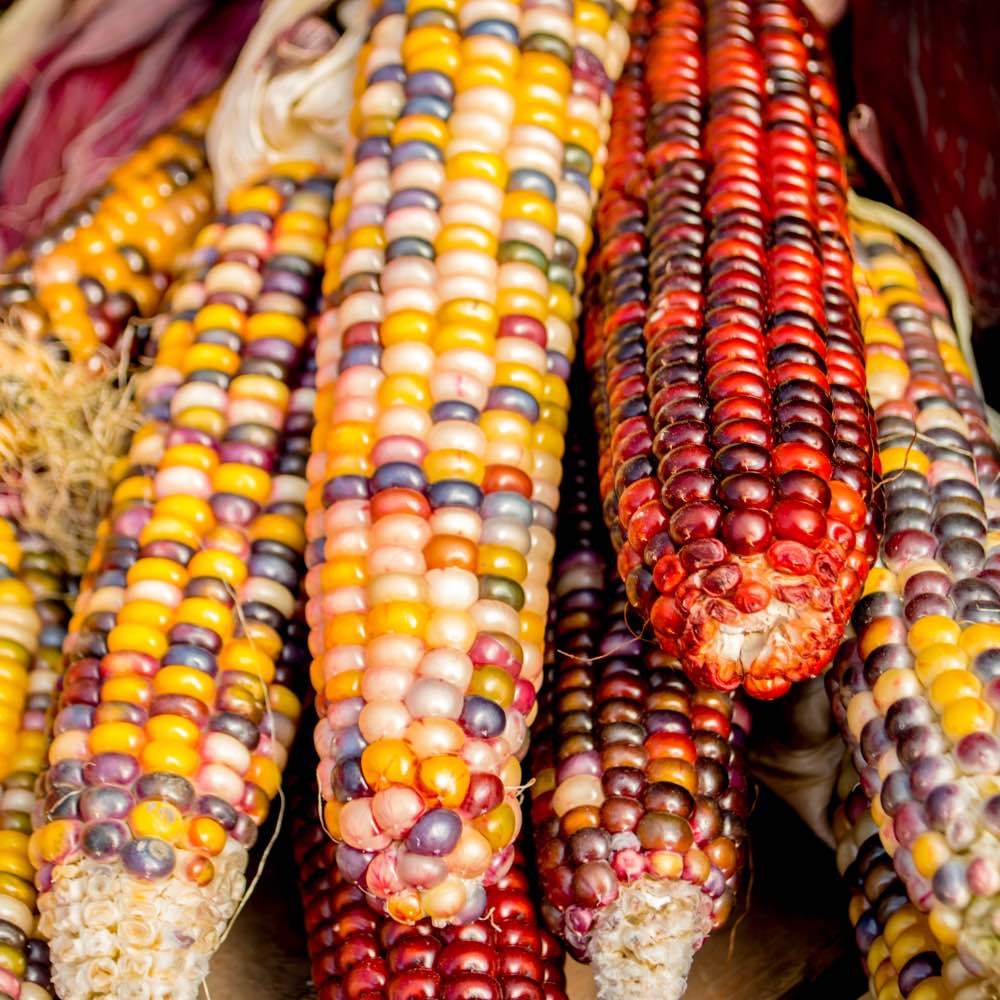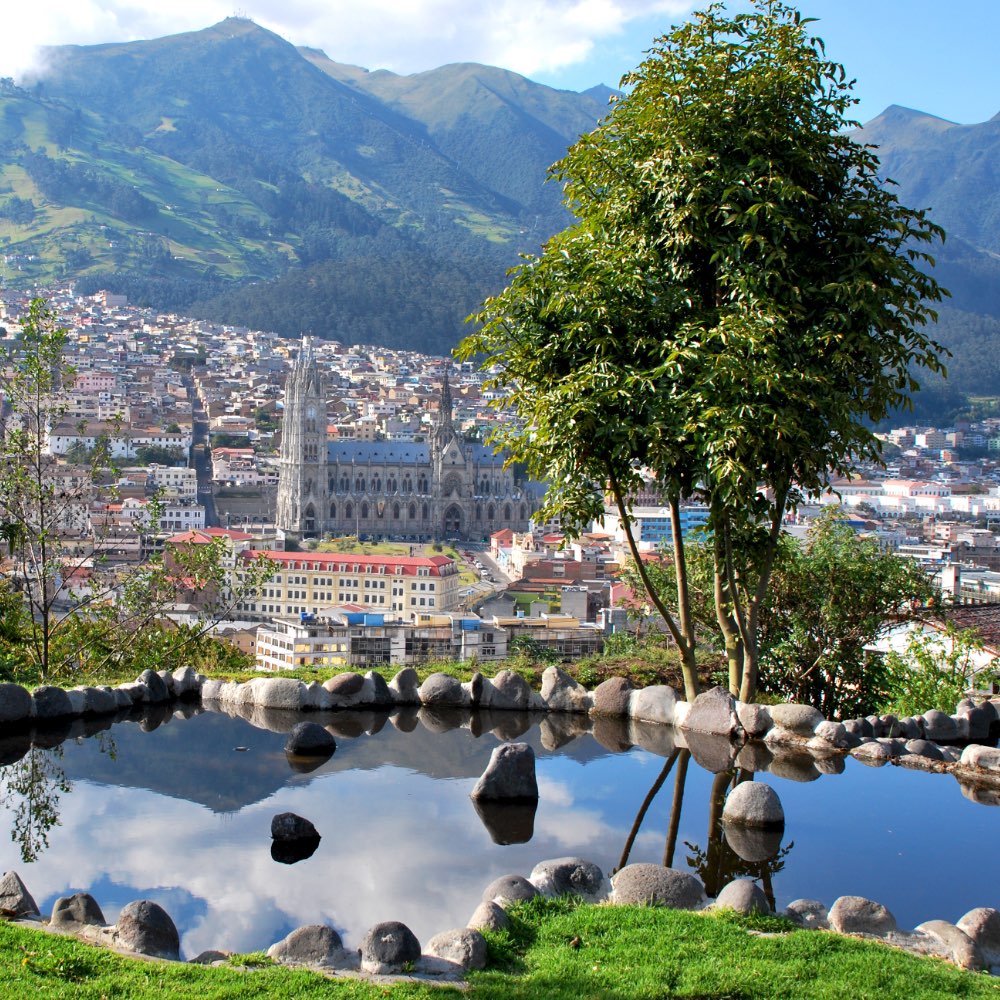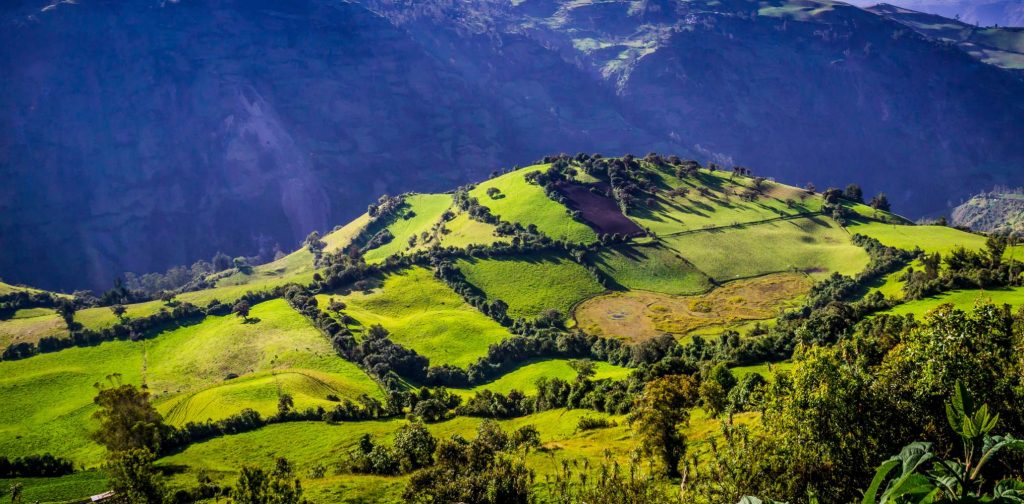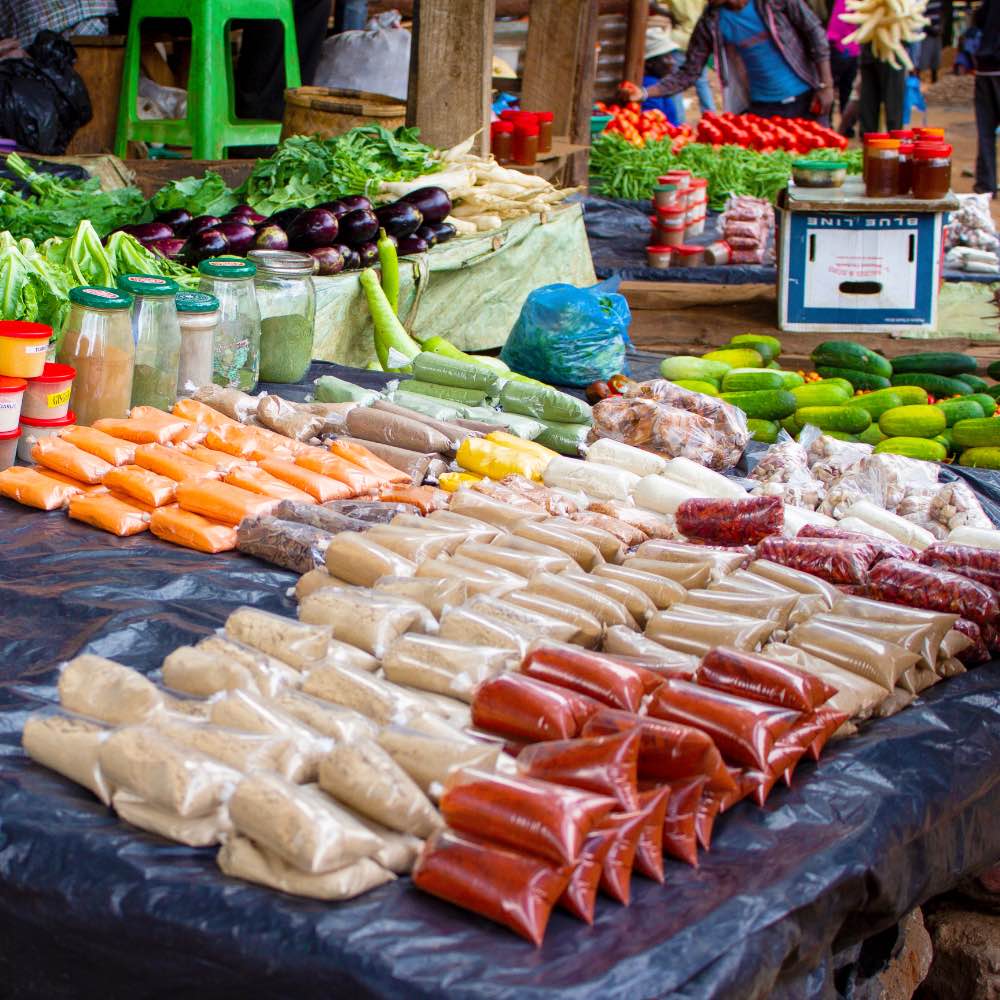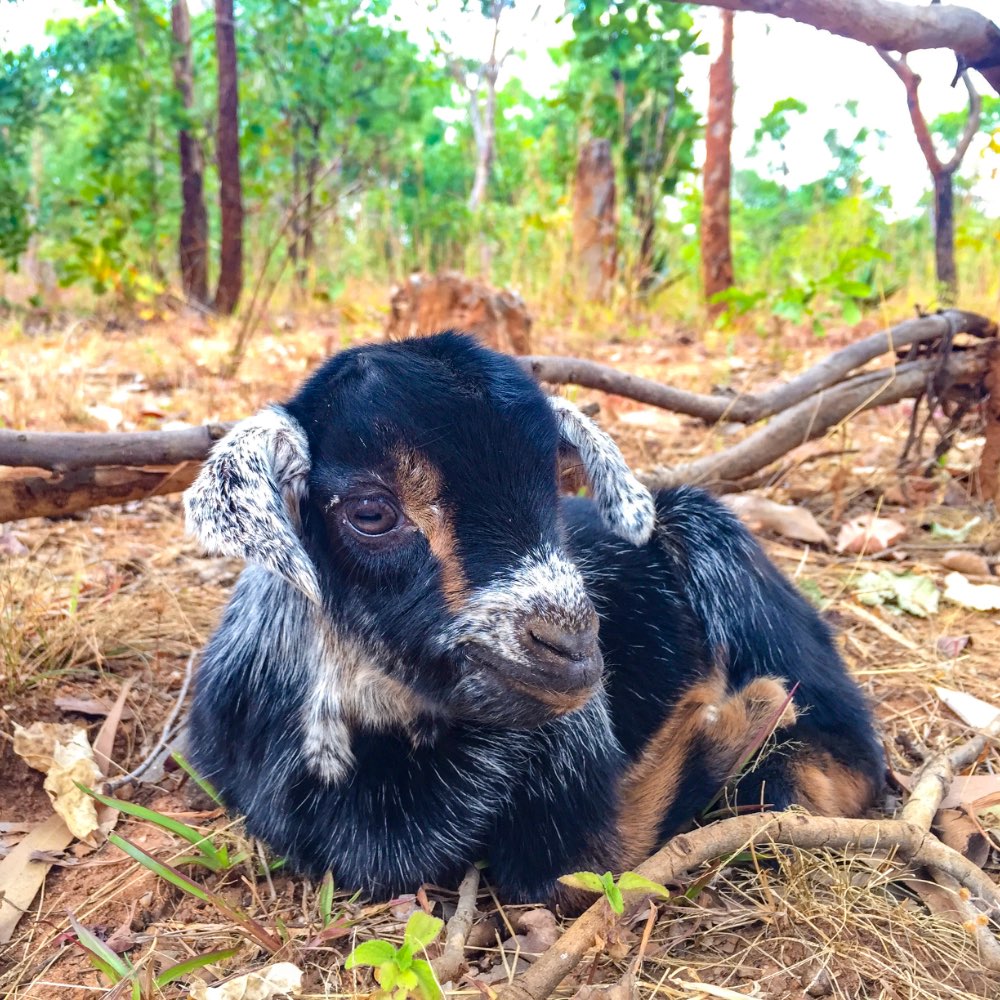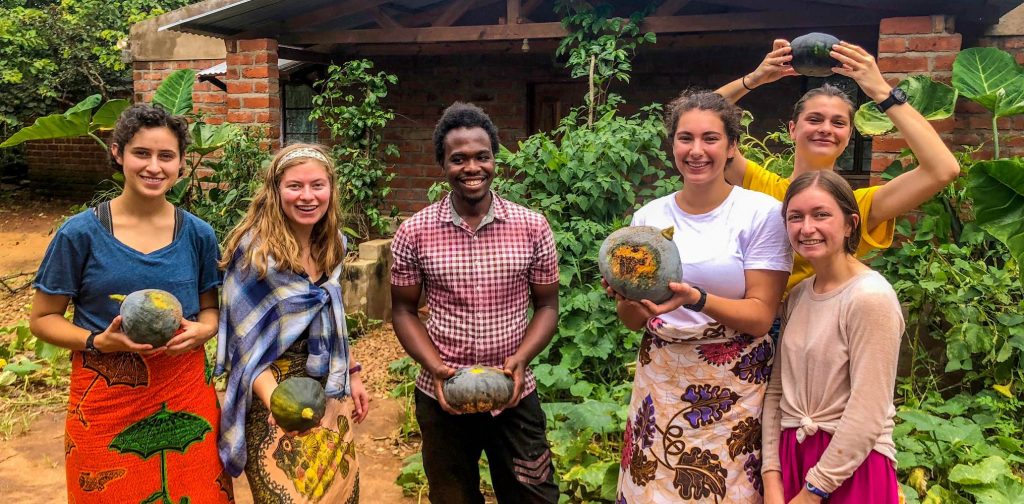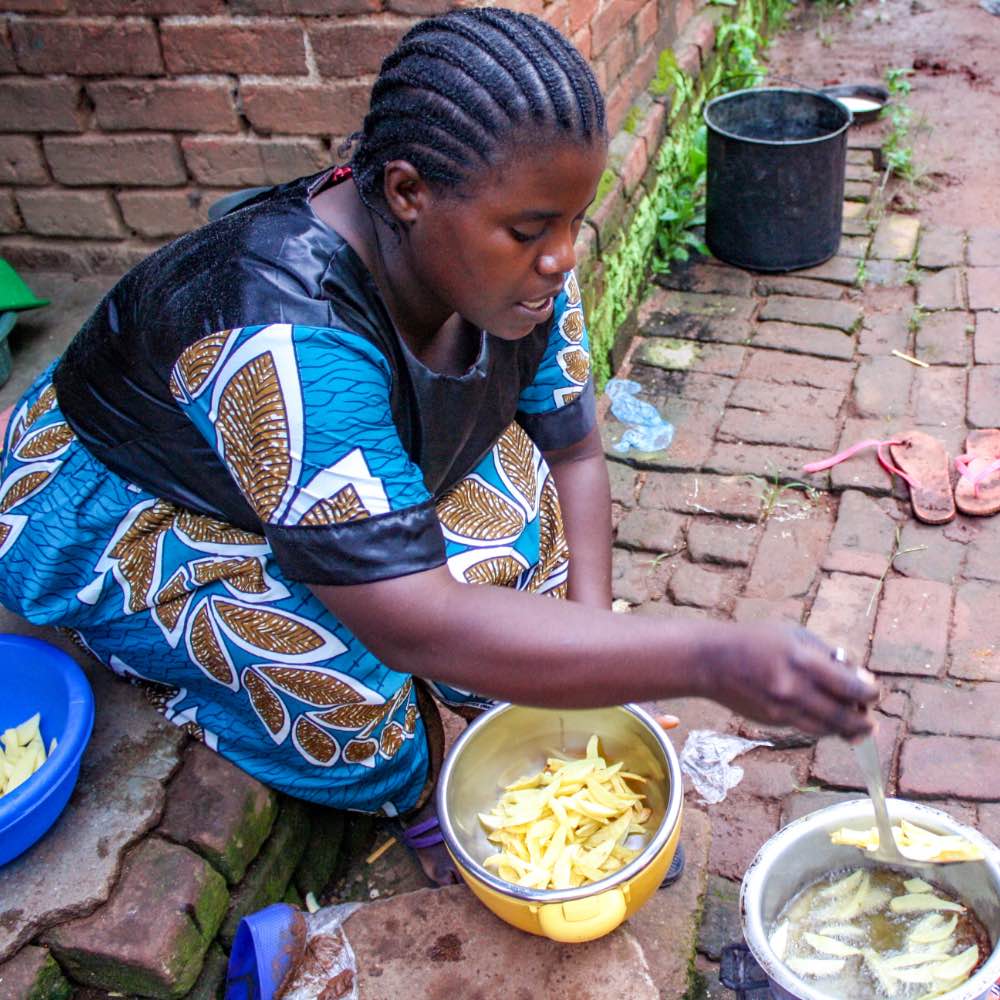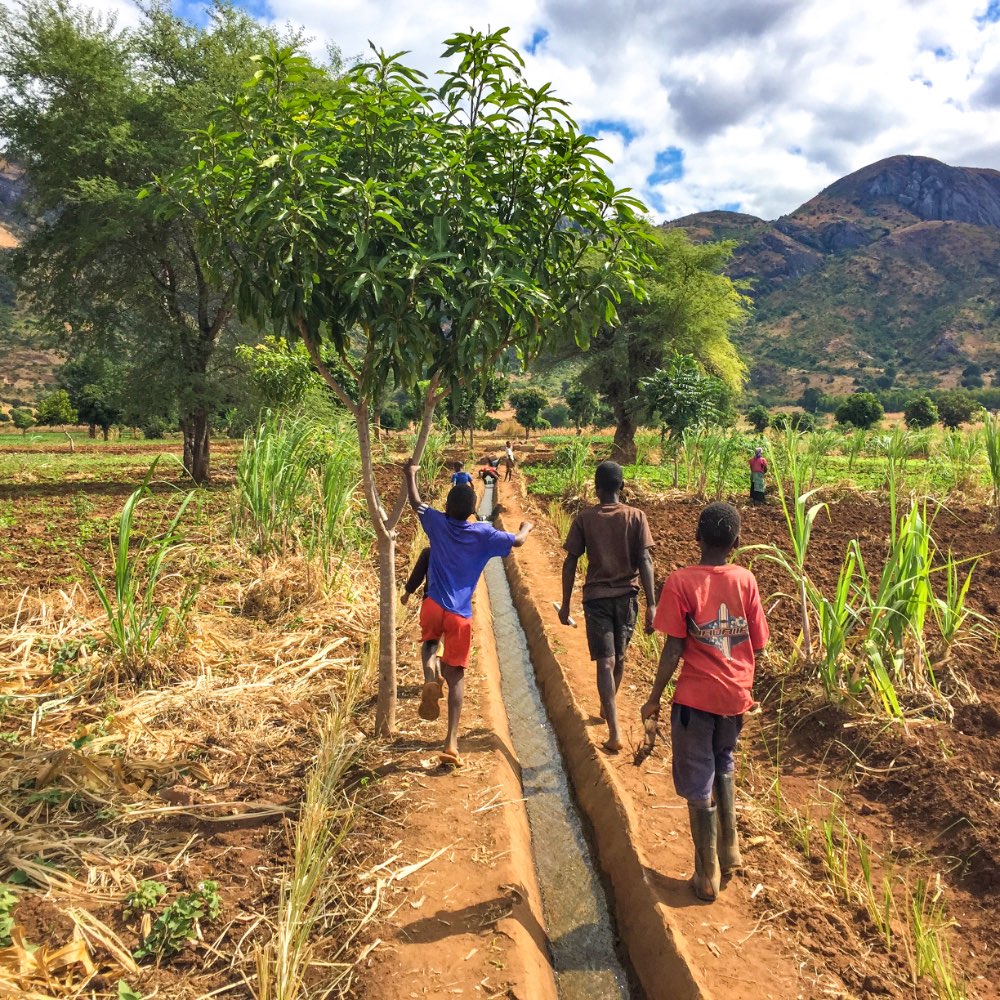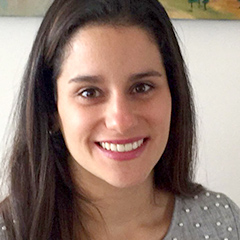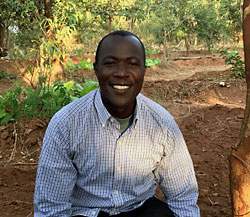Overview
Why a Comparative Study of Food Systems?
Rising global temperatures and growing populations are straining food availability and access. Journey from Georgia in the United States to Ecuador, Spain, and Malawi, as you study how food production, distribution, and consumption are affected by climate change, global trade, and historic inequalities. Learn from farmers, fishers, herders, scientists, activists, and policy experts about livelihoods and food production, government programs, and innovative food safety and trade regulations. See the work of the University of Georgia’s top-ranked school of agriculture and compare it to small, organic, cooperative farms in other countries. Live with a farming family in Malawi, tour major production hubs while exploring the biodiversity of Ecuador, and examine the complexity and disparity of feeding cities when tradition meets vanguard cuisine in Spain. Across continents, explore the importance of celebrating food and examine gastronomy as a key driver of economic growth. Uncover solutions that offer the most promise for sustainable food futures at local, national, and global levels.
Explore a Day in the Life of an IHP student!
Photos on this page may depict program sites from previous semesters. Please view the Program Sites section of this page to see where this program will travel.
Highlights
- Investigate the history and legacy of plantation agriculture in the U.S. South.
- Explore the diversity of Ecuador’s agricultural centers from the Amazon to the Andes.
- Witness agroecological farming practices amid increasing climate uncertainty on smallholder farms in Malawi.
- Experience Spain’s culinary traditions, artisanal methods, and family farming.
Prerequisites
None




